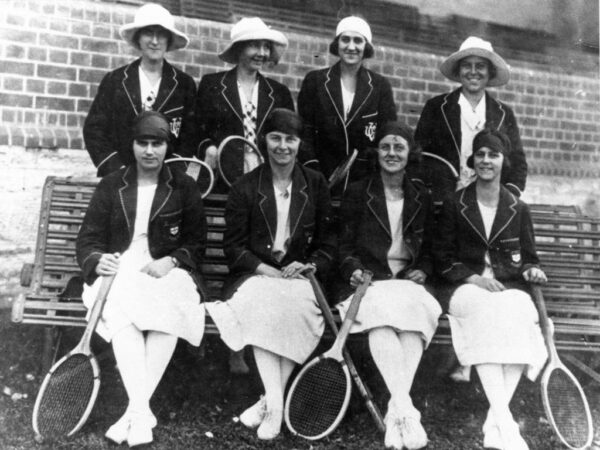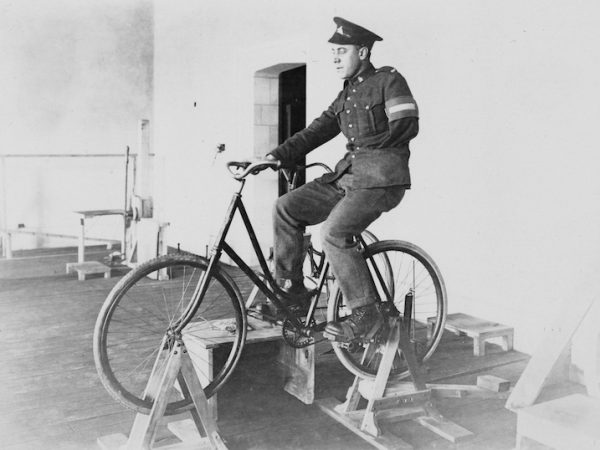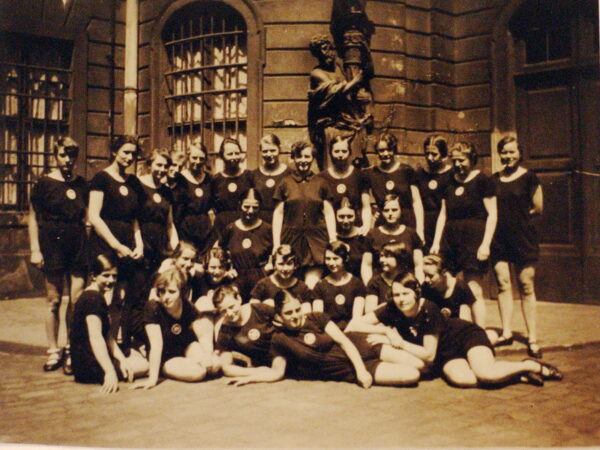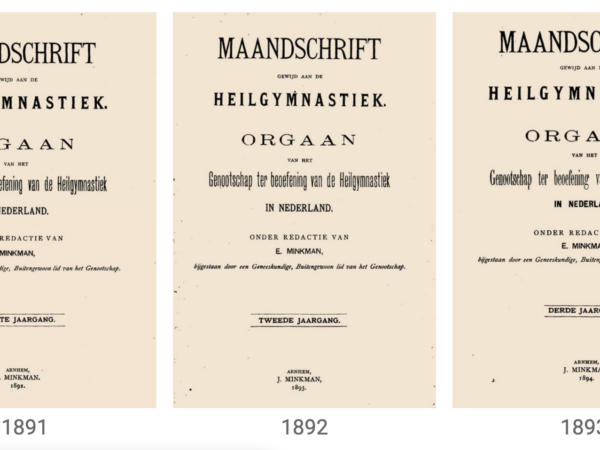
Careers for Girls
In 1927 ‘The News’ newspaper in Adelaide, South Australia ran a weekly series of articles on their Woman’s page exploring suitable careers for girls; “a problem which at times confronts the parents of daughters”. The newspaper obtained the information for the article from an un-named “authority in the occupation”. The …

Bombed
Over 40,000 Londoners died in the bombing ‘blitz’ of World War II. Australian physiotherapist Barbara Thomas, aged 32, was amongst the first and her tragic death prematurely curtailed a remarkable career. Barbara Mortimer Thomas was the daughter of Nehemiah James Thomas and Jane Emily Nora Clapcott. She was born in …

Executive Half Year Report – December 2024
The Executive Committee met on three occasions by Zoom teleconference in the second half of 2024. The Executive Committee membership consisted of Glenn Ruscoe, Chair (Australia) Sarah Marshall (Canada) – leave of absence Sandra Schiller (Germany) Magda Fourie (South Africa) Cameron MacDonald (USA) Ryan McGrath (Australia) Wajida Perveen (Pakistan) Snjezana …

Seventy Years of Studenthood
Studying physiotherapy was as beautiful as it was difficult. Every physiotherapist was at some point a student; a period of their lives full of unique but familiar experiences. We asked physiotherapists from around the world to share their educational stories, including their transition into the work force, in order to …

Dutch News
Thanks to the efforts of the Dutch History of Physiotherapy Foundation (Stichting Gescheidenis Fysiotherapie – SGF) all Royal Dutch Society for Physiotherapy (Koninklijk Nederlands Genootschap voor Fysiotherapie) journals are now digitally accessible. Articles beginning from 1891 until the present can be read and downloaded via a new website. The treasure …

New Article Published
The International Physiotherapy History Association is pleased to announce that it has published an editorial in the journal Physiotherapy Theory and Practice. This editorial, titled “Physiotherapy: The history behind the word”, explores how the current profession, having evolved from a series of disconnected practices (such as manipulation, gymnastics, massage, hydrotherapy, …

The Value of Physical Treatment
The following Letter to the Editor, published in The Lancet in 1918 provides an extraordinary review of the growth of physiotherapy from the First World War. SIR,—The Prime Minister in his speech on Nov. 16th, in placing the case for the Coalition at the Central Hall, Westminster, said: ” The …

Paralympic History
On the eve of the Paralympics Games Paris 2024 where more than 4,000 athletes, representing 169 nations, will compete over twelve days for 549 medals across 22 events it is instructing to consider its humble beginnings. At a hospital for war veterans in Stoke Mandeville, located 60 kilometres north of …

Physiotherapy First
The phrase, “Physiotherapy First” could be interpreted as a call-to-action to prioritize physical treatments over pharmacotherapy and surgery. Use of the phrase is likely presumed to reflect the modern physiotherapy profession’s progression into primary care, the growing physiotherapy research base of high value care, and the concomitant confidence accompanying them. …

Interview with a Historian
American Physical Therapist and historian, Beth Linker’s latest book Slouch: Posture Panic in Modern America has just been released. We provided a review of the book in a previous post but this time wanted to learn more about the author herself. Beth is unique in the physiotherapy community as a historian and …
